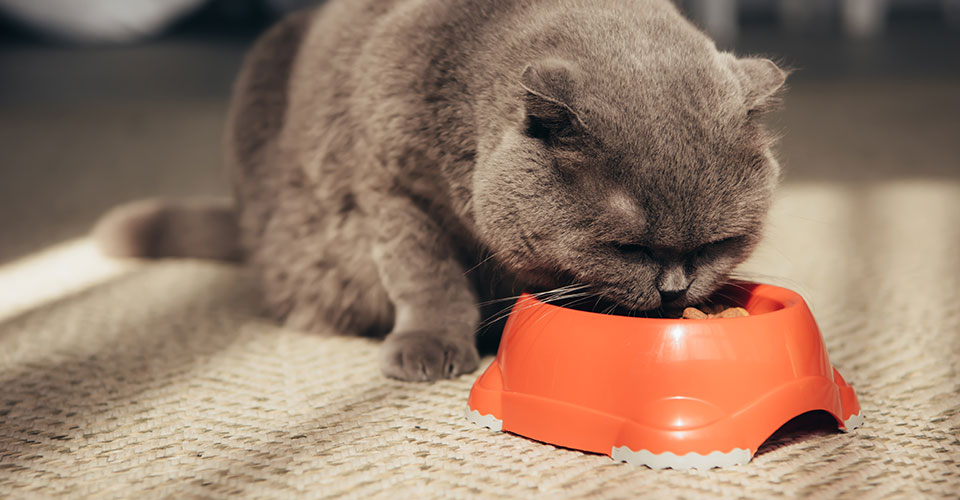This month, we are teaming up with Dr. Saimen and Jayesh Naidoo from Animal Zone Veterinary Hospital to unpack answers to some of the questions you may have regarding pet supplements.

Pet Supplements: Are they Necessary?
If you take supplements, you’re not alone. Nutraceuticals and health supplements are very trendy right now and are increasingly extending into the pet space, with pet owners looking to pre-emptively care for any health issues that may arise in their pets’ in the future. The number of dogs and cats taking supplements is between 10 and 30 per cent in the general population.
In recent years, both pet owners and veterinarians have sought natural aids as part of a multimodal therapy for various illnesses in cats and dogs. The term ‘supplement’ generally refers to complementary pet products offering additional nutrients or functional ingredients, as well as a vast range of snacks and treats. It's crucial to understand the purpose and benefits of each of these items before giving them to your pets.
Are Supplements Harmful or Helpful?
Supplementing a 'complete' diet with products primarily comprising of vitamins, minerals, or trace elements is principally not recommended for a healthy cat or dog. This is because a complete product is designed to provide the proper nutritional balance for the life stage of the pet for which it is intended. However, supplements may be beneficial even for animals that are fed complete diets. Long-haired cat and dog breeds, for example, may require somewhat greater essential fatty acids to maintain optimal skin health and hair quality, whereas giant breed dogs may require prophylactic joint cartilage supplements prior to disease development, namely the renowned Green Lipped Mussel Powder.
A pet supplement is an ‘umbrella’ term, which covers a vast array of products designed to help with managing and quelling certain issues that can develop during a pet’s lifetime. Joint and digestive health supplements are the most favoured, followed by supplements that help with cognitive function, skin/coat and heart health, as well as urinary tract and kidney function.
These supplements include, but are not limited to, green lipped mussel powder for joint supplementation, essential fatty acids for skin and coat support, probiotics for gastrointestinal efficiency, fibre support for colonic health, and the newbie cannabidiol for chronic epileptics.
Are these Supplements Safe?
It's critical to recognise that supplements are not classified as medicines, and there is not much regulation or scrutiny by regulatory bodies. As a result, product efficacy, safety, and quality must be questioned. Always check with your veterinarian before giving your pet any supplements, keeping in mind that some vitamins that are healthy for humans may not be appropriate for pets.
Dietary supplements may impact the way prescribed medications are metabolised, therefore knowing how to safely combine these prescriptions and nutrients is critical. Pet parents must do their due diligence to understand the function and benefit of each supplemental product under the supervision of a veterinarian before administering it to their pets.
What is the latest Trend?
The most common type of supplements that have been around for decades are nutraceuticals (pharmaceutical alternatives) offering additional nutrients, vitamins, functional ingredients, plus snacks and treats. CBD (Medical Marijuana) is a hemp-based nutraceutical that is gaining traction in veterinary medicine, taking the pet world by storm.
For such a rapidly growing industry, there are still a lot of unknowns. Is it safe? CBD advocates tout a myriad of benefits for humans – but can it help our four-legged friends too? Well, the answer is not straight forward and can get quite complicated as data is scarce on the appropriate dosing regimen and the long term effects.
Despite the foregoing, more individuals are looking into how CBD can help them care for their pets, making it one of the most popular industry trends right now. Recently, the Veterinary profession has received a lot of interest from pet owners who want to learn more about CBD's potential applications for their animals. With its widespread availability, it is a contentious product line with insufficient supporting research data to back up claims of seizure control, analgesic benefits (pain relief), and powerful anti-inflammatory properties.
While the amount of scientific information on veterinary pet supplements and nutraceuticals is increasing, there remains a paucity of quality control, safety and efficacy data for most supplements. The potential interactions between supplements, prescription medication, and food in pets are still being investigated daily. More researched supplements that have been around for a longer period namely the Green Lipped Mussel Powder for Joint Disease in pets have more researched scientific data available for pet owners to make an informed decision on the benefits.
Although being touted as providing health benefits, newer supplements still lack conclusive scientific evidence on their actual benefits. It is consequently critical that pet owners maintain continual communication with their trusted veterinarian regarding pet supplementation to reach the mutual aim of improving the pet's health. While pet supplements can be an essential building block to your pets’ health, remember that they should not substitute for total health coverage.
Supplement your choice supplement with data.
Arm yourself with scientific understanding so you can make the best decision possible about which supplements to give your beloved cats and dogs.
At Animal Zone Veterinary Hospital, we take pride in offering pet owners prime access to the most effective nutraceuticals available worldwide. Green Lipped Mussel Powder is our go-to product, as it has been clinically proved to improve joint health in pets.



